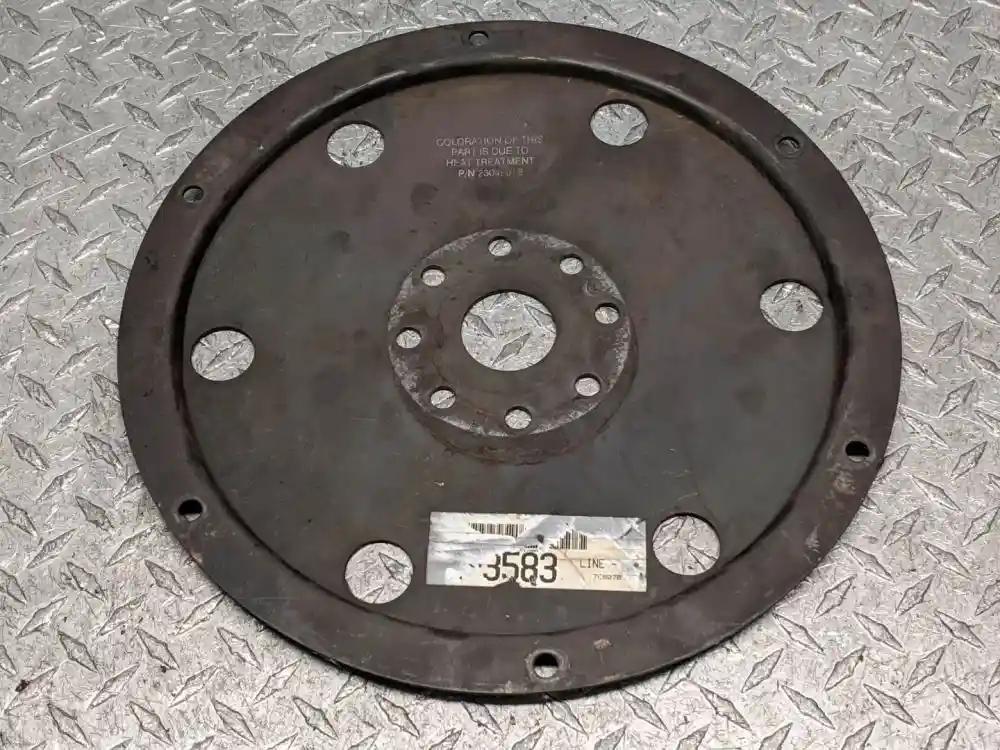The California Air Resources Board (CARB) has banned all diesel vehicles over 14,000 pounds, built before 2010 from operating within state borders.The regulation requires these vehicles to be retrofitted, repowered, or replaced with newer, cleaner vehicles. It goes without saying that such legislation will cause problems for carriers scrambling to comply with regulations. However, the bigger problem is that used and aftermarket trucks and parts will now become even more difficult to find in and around California.
CARB has essentially made it even more challenging for the average Owner/Operator to maintain their rigs in or around California. Instead of being able to call a salvage yard or aftermarket dealership to replace a simple truck part, they may be forced to go through an OEM to buy brand new parts. This is assuming that the OEM even makes the part anymore as many high demand parts are being discontinued by their respective manufacturers. That would make the only place for someone to get something discontinued, a salvage yard or remanufacturer.

This law would likely impact the used truck parts market by reducing the number of older trucks available for salvage or resale, as owners will be forced to upgrade to newer, cleaner vehicles that meet the emissions standards set by CARB. Additionally, parts for older trucks may become less in demand as fewer of these vehicles remain in operation.
Carriers are obviously going to need to retrofit their fleets, which will be a tedious and expensive task. And no doubt, some of the smaller carriers will go under as a result of running only trucks built in 2010 or earlier. Buying a new engine for your 2011 truck is expensive, but not nearly as expensive as buying an entire new fleet of trucks.
That’s not to mention the impact the regulations have on sellers from TruckPartsInventory.com (TPI) and the larger industry, many of whom carry a large selection of trucks and parts from 2010 and prior. Some are also located in California itself, placing them in between a rock and a hard place. Will the inventory be sold off to clients outside of the state? Or perhaps it’s simply written off as loss and they move on. The impact on the larger used truck parts market will depend on the scope of the regulation and the extent to which older vehicles are phased out.
It’s possible that the regulations implemented by CARB could have ripple effects on the used truck parts market outside of California. As older trucks and buses are phased out, there may be an influx of these vehicles in other states, potentially increasing the supply of used parts. However, this is dependent on several factors, such as the readiness of other states to take in these older vehicles, their own regulations and the economic conditions of the market.
You might be thinking that this is an issue exclusive to California. However, it’s possible that regulations similar to the ones implemented by CARB may be adopted in other states, which could have a more significant impact on the used truck parts market outside of California.




